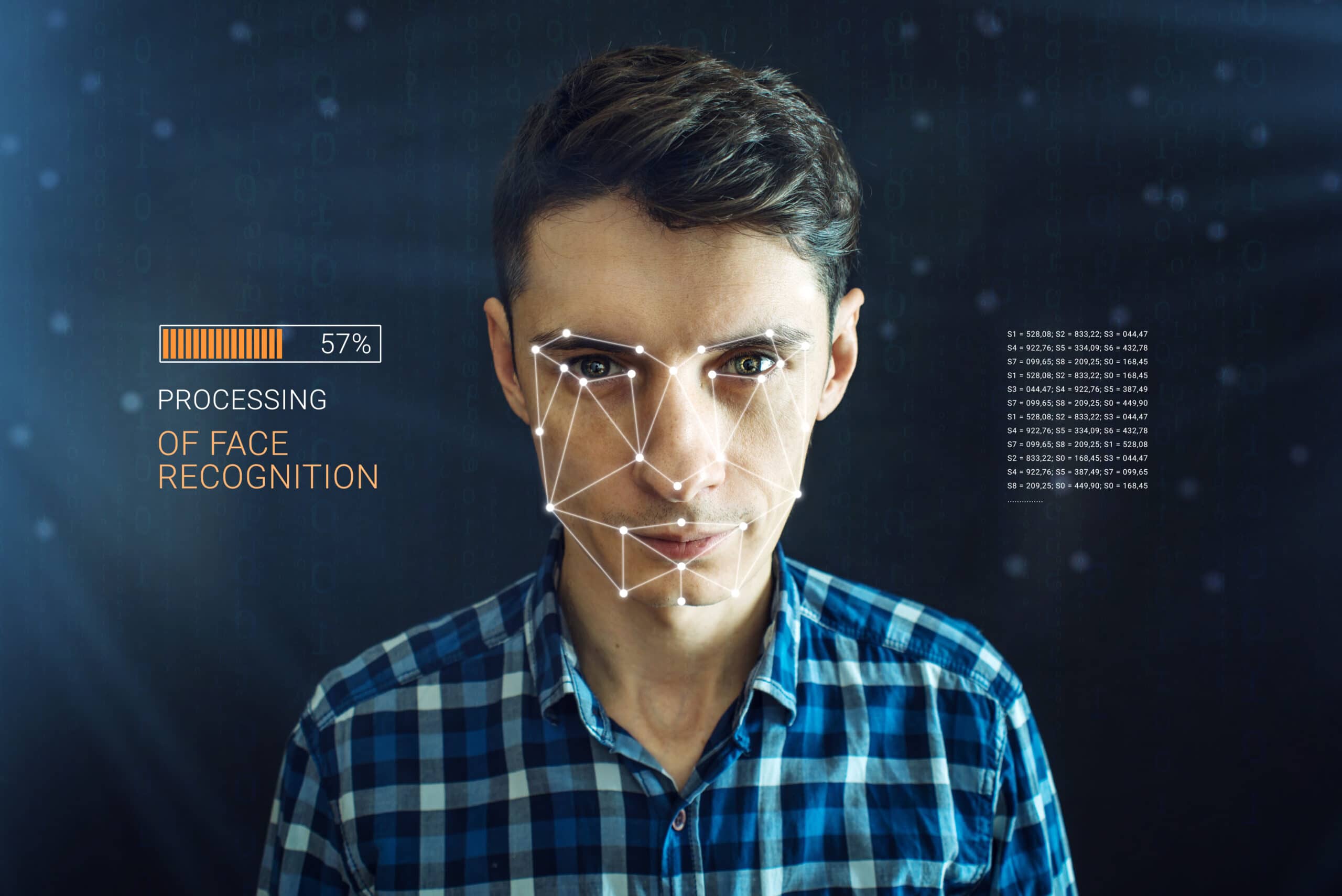Adelaide has announced plans to invest $3 million into new technology that will supersede its CCTV network. The biometric technology will allow for facial and number plate recognition and enhanced performance under low-light conditions. Adelaide is set to roll out the technology over an 18-month span.
Before the city allows the new technology free reign over its people, it will put a legislative framework in place to ensure residents’ right to privacy is still protected.
The Australian Human Rights Commission (AHRC) released a report this year strongly encouraging states and territories not to use biometric technology until the appropriate protections are in place. The AHRC also expressed that regions harnessing biometric technology must have statutory sanctions for breaches of these rights.
Adelaide City Council had initially planned to grant discretionary powers to South Australian Police (SAPOL) that allowed them to access the technology ad hoc. In light of AHRC’s findings, the city is now adding an amendment to bar this from happening.
“The police will be asked to provide a formal agreement that they will not use FRT [facial recognition technology] unless, and until, the Parliament of SA passes legislation providing guidelines,” said Adelaide councillor Phil Martin.
“We’re not going to place anybody’s privacy at risk until the parliament decides how SAPOL goes about using the technology.”
Facial recognition technology has been a topic of contention over the past few years as its abilities have expanded. Facebook closed its facial recognition system and deleted faceprints in light of increasing concerns regarding the company’s use of private data.
While the technology is breaking ground in many industries, many have concerns over how the information may be used against private citizens.
China has come under fire for its extensive use of biometric and surveillance technologies. The New York Times reported the technology was even harnessed to identify the faces of Uyghur people. Uyghur people are a Muslim ethnic minority in China subjected to discrimination on a large scale.
Facial recognition was used in Australia in 2018 during the Commonwealth Games to register and identify guests. Uses like this, wherein private citizens are unknowingly subject to facial recognition and tracking, can be a muddy ethical grey area.
“If those cameras are used, for example, to police people smoking illegally in Rundle Mall, or double parking in Waymouth Street, then that’s an issue, an issue of proportionality,” said Councillor Martin.
The legislative amendments being seen before the state may help to protect citizens from such misuses.
Please support us by liking and following this page so we may continue to publish impartial news coverage.






